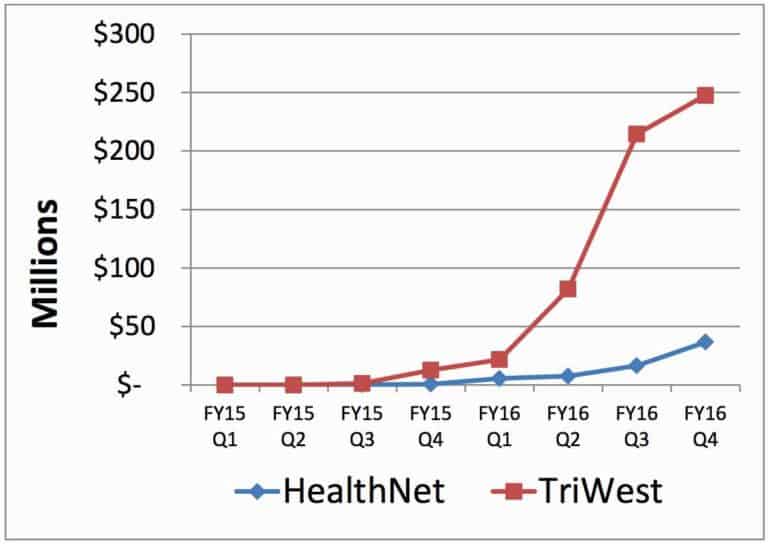Governor Lamont Signs Law Establishing Property Tax Exemption for Veterans: A Closer Look
In a bid to honor the sacrifices of veterans and offer them tangible support, Governor Lamont has recently signed into law a measure that establishes a property tax exemption for veterans. The move comes as part of a broader effort to address the needs of Connecticut’s veteran community, aiming to provide them with financial relief and recognition for their service to the nation.
The New Law: What It Means for Veterans
Under the new law, veterans who meet certain eligibility criteria will be entitled to a property tax exemption on their homes. This exemption will help alleviate the financial burden on veterans, many of whom struggle with housing expenses upon returning to civilian life. By granting this exemption, the state acknowledges the invaluable contributions of veterans and seeks to support them in their transition back to civilian society.
Supporting Connecticut’s Veteran Community
Connecticut has long been committed to supporting its veteran population, recognizing their service and sacrifice. This latest initiative reflects the state’s ongoing efforts to improve the lives of veterans and their families. By providing financial relief through property tax exemptions, Connecticut aims to ensure that veterans can thrive and prosper in their communities.
Impact and Implementation
The implementation of this law is expected to have a significant impact on veterans across the state. It will not only provide much-needed financial assistance but also serve as a token of gratitude for their dedication and service. As veterans navigate the challenges of civilian life, this exemption will offer them stability and support, allowing them to focus on building their futures.
Ensuring Accessibility and Awareness
While the new law offers promising benefits for veterans, ensuring accessibility and awareness will be key to its success. State agencies and veteran organizations must work together to inform eligible veterans about the property tax exemption and guide them through the application process. By proactively reaching out to veterans and providing them with the necessary information, Connecticut can maximize the impact of this initiative.
FAQs
- Who is eligible for the property tax exemption for veterans?
- Veterans who meet specific criteria outlined in the law are eligible for the property tax exemption. These criteria typically include factors such as military service, disability status, and residency.
- How can veterans apply for the property tax exemption?
- Veterans can apply for the property tax exemption through their local tax assessor’s office. They will need to provide documentation to verify their eligibility, such as proof of military service and residency.
- What types of properties are eligible for the exemption?
- The exemption typically applies to the primary residence of eligible veterans. However, specific eligibility criteria may vary depending on the provisions of the law and local regulations.
- Will the property tax exemption affect other benefits or assistance that veterans receive?
- The property tax exemption should not affect other benefits or assistance that veterans receive, such as disability compensation or pension payments. However, veterans are encouraged to consult with relevant authorities to understand any potential implications.
- Is there a deadline for veterans to apply for the property tax exemption?
- Deadlines for applying for the property tax exemption may vary depending on local regulations. Veterans are advised to contact their local tax assessor’s office or veteran services agency to inquire about specific deadlines and application procedures.





